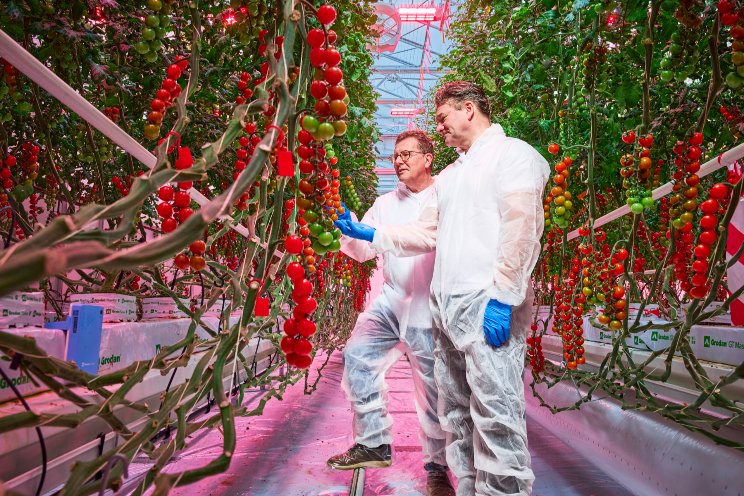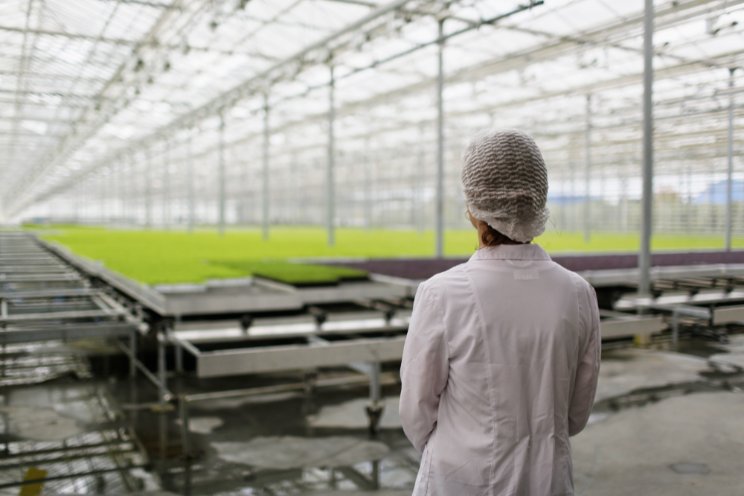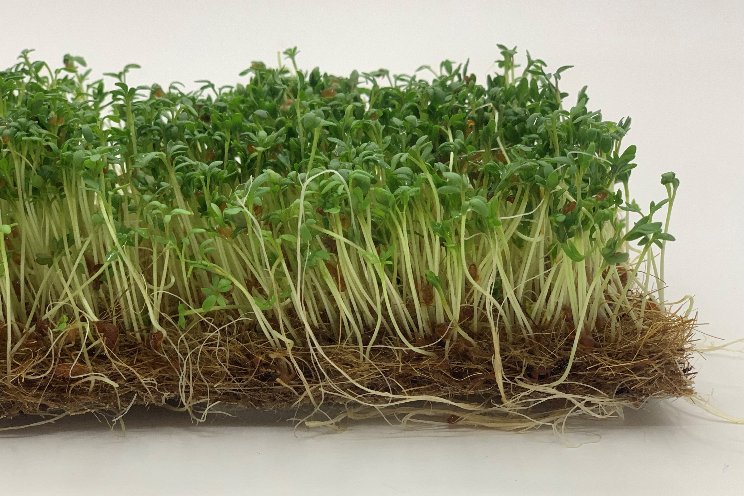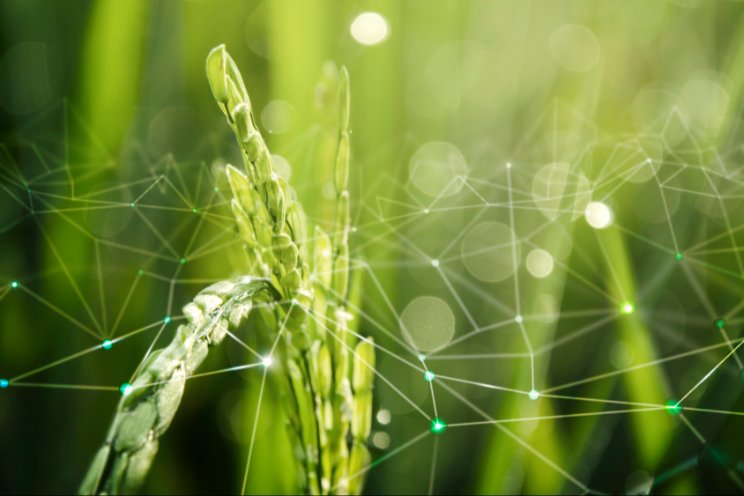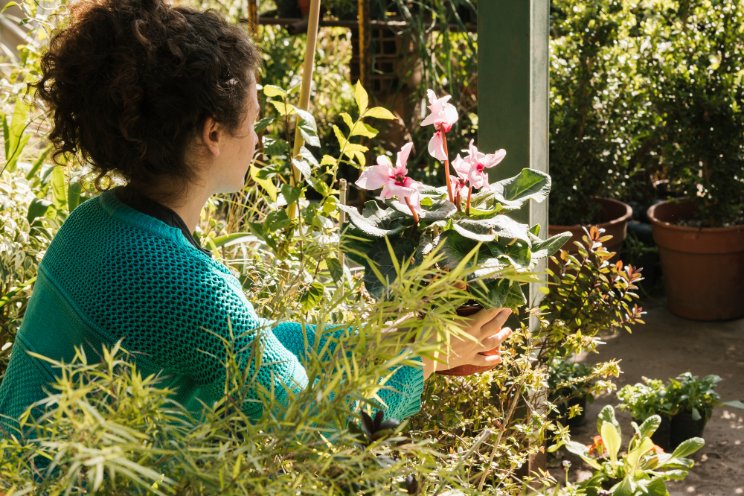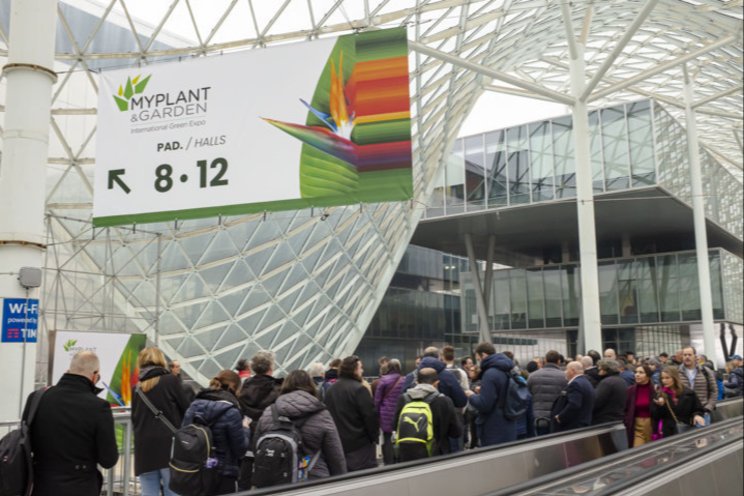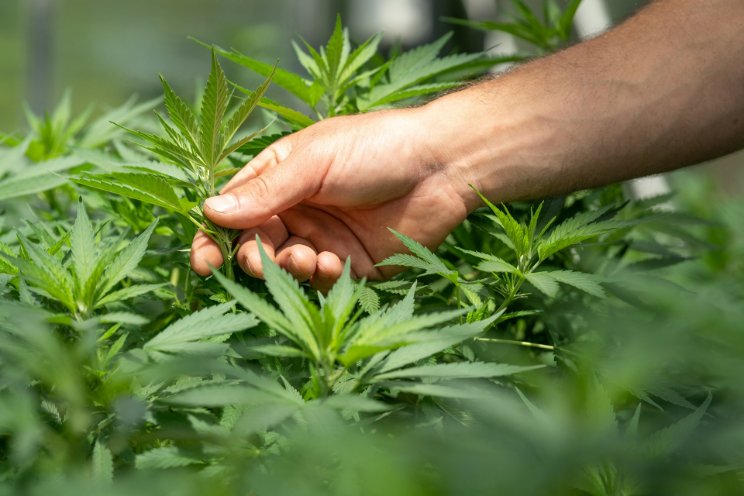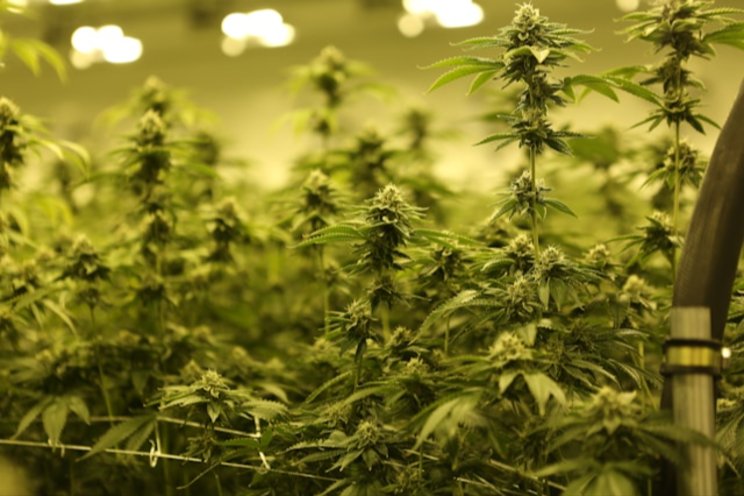The Yorkshire firm trying to help save the planet – with mushrooms
Added on 06 February 2024

That may feel like a grand claim. However, according to the team behind that product, a meat substitute called Hooba, time and space are both quickly running out.
“By 2050, if we want to keep eating meat at our current rate, we will likely need to find and colonise another planet,” warns John Shepherd, co-founder and chairman of MYCO Holdings, which developed Hooba.

John Shepherd Co-founder and Chairman of MYCO Holdings
“That’s just to grow the animals that we’d need, as we are rapidly running out of room to farm them now.
“In 30 years’, time, there just won’t be any room – so something has to change.”
It is a startling claim, and one that serves as the driving fuel for MYCO’s desire to change the world one meal at a time.
Based at a sprawling 20,000sqft unit in North Yorkshire, the firm’s vertically farmed plant-based product looks and feels like mince but is derived from oyster mushrooms.
So far, the feedback has been glowing. Major food manufacturers are lining up to incorporate it into their products.
As such, hopes are high that a product made from fungi can help shift public attitudes and encourage mankind to eat less meat – although carnivores shouldn’t fear too much.
“Meat does have a place in our future - just not at the rate we’re currently getting through it,” added Jay Croslegh, MYCO’s fellow co-founder and the firm’s CEO.
“Our ethos isn’t about forcing people to give up meat. One of the problems the plant-based industry has is that there’s a perception that we want to turn the population into vegans – that’s absolutely not true, but it is a mindset we as an industry have to try and change.”
“Of course, we love animals, but animals are also part of the food chain. We respect that, and we also respect people’s right to eat meat.
“What we want to do is make people realise that as a planet, the amount of meat we are eating is simply unsustainable.
“Plus, due to supply and demand, it will only become more expensive. So, the only way meat can have a long future on our menus is by limiting how much we consume day-to-day.”
The United Nations has linked widespread meat consumption to the climate crisis, with livestock producing around 14 per cent of all man-made greenhouse gasses, which are responsible for global warming.
Beef and lamb are the two biggest culprits while 60 per cent of all food-related greenhouse gases come from meat production.
However, in recent years, some habits are changing.
In the decade leading up to 2019, a study published in The Lancet found that daily meat consumption had dropped 17 per cent.
Yet YouGov stats suggest the number of vegetarians and vegans in Britain hasn’t changed significantly in the last four years – despite a 300 per cent surge during that time in the number of plant-based products on sale in shops – although in Germany, three-quarters of young adults regularly eat vegan options.

But it is the older generation that still drive the meat market forward. That same YouGov poll found that around three quarters of adults still strongly identify as meat eaters.
“Old habits die hard, and that’s what we need to recognise. British food has historically been sausage and bacon, black pudding and a roast dinner – meat is built into our DNA – so there isn’t a quick-fix, and we have to discover ways to nudge people into eating less meat.
“The best way to do that is by providing substitutes that look and taste like the real deal, and to make the process of substituting meat as easy as possible.”
And innovation is firmly at the centre of the business.
The firm has developed a unique vertical farming system which, if successful, could be patented and replicated across the world.
And perhaps most interestingly, in a bid to help save the planet, MYCO’s using a system drive by something many fear poses an either greater existential threat to humanity than climate change – artificial intelligence.
However, according to Jay, the biggest challenge could be finding the common ground needed between the meat industry and plant-based product developers to ensure both have a future.
He said: “Sustainability is now the most important thing in both of our sectors, and we need to find a way to co-exist. If meat consumption isn’t scaled back, then there won’t be a future for the industry – or, perhaps, anybody.
“And that’s hopefully where we can make a difference.”
More news
